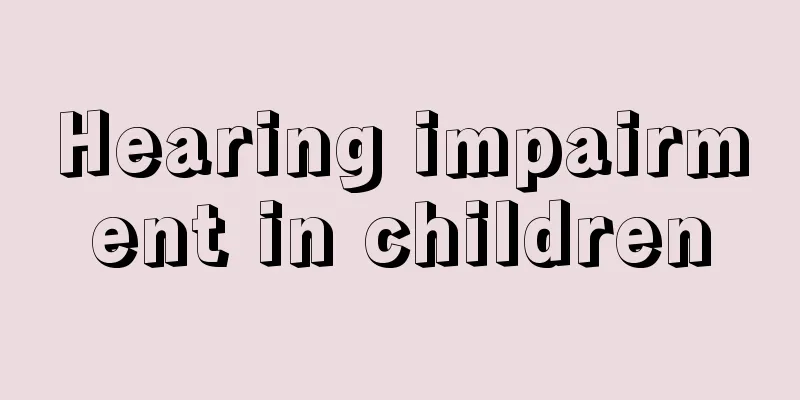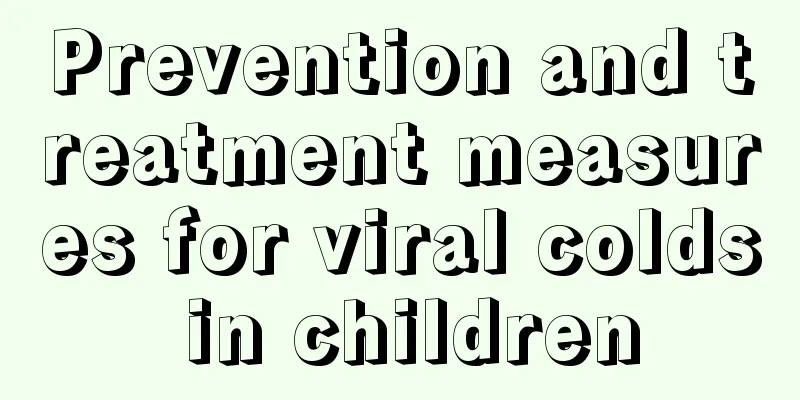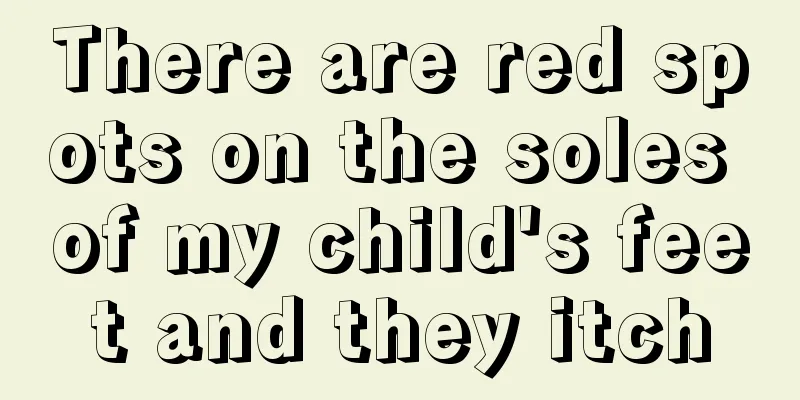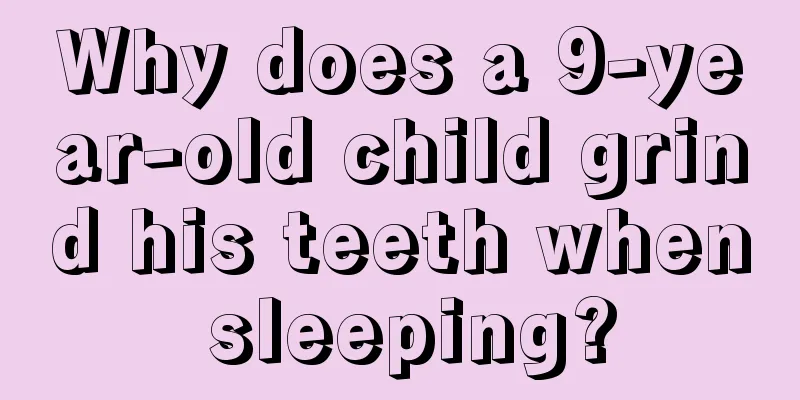What are the symptoms of capillary hemangioma in children?
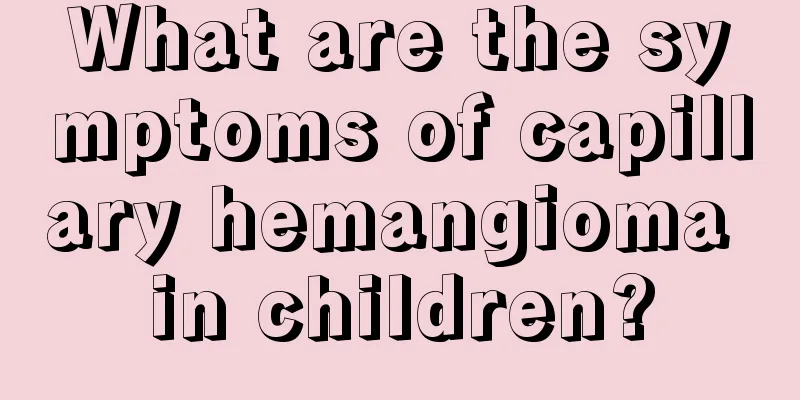
|
The incidence of hemangioma is increasing, especially in children. As a high-risk group, if parents cannot detect the disease in the early stage and take their children to treatment as soon as possible, it is easy to cause the disease to worsen. Many parents do not understand the symptoms of capillary hemangioma in children. Next, we will talk about the issues that everyone is concerned about, and hope that it will be helpful to everyone! Before introducing the symptoms of capillary hemangioma, we need to first understand what hemangioma is. Hemangioma is a congenital benign tumor or vascular malformation, which is more common in infants at birth or shortly after birth. It originates from residual embryonic angioblasts. The active endothelial-like germs invade the adjacent tissues to form endothelial-like cords, which are connected with the remaining blood vessels after tubulation to form hemangiomas. The blood vessels in the tumor form their own system and are not connected to the surrounding blood vessels. Hemangiomas occurring in the oral and maxillofacial region account for 60% of all hemangiomas in the body, most of which occur in the facial skin, subcutaneous tissue, and oral mucosa, such as the tongue, lips, and floor of mouth, and a few occur in the jawbone or deep tissue. Symptoms of capillary hemangioma in children: Tumors are composed of large numbers of intertwined, dilated capillaries. It appears as bright red or purple patches. It is flush with the skin surface or slightly raised, with clear boundaries, irregular shapes and varying sizes. When the tumor is pressed with the fingers, the color fades; when the pressure is released, the color returns. Friends who don’t know much about hemangioma may simply think that the disease will only affect the appearance. In fact, if the disease is not treated in time, it will cause invisible harm to the health of the body. To avoid further damage, it is recommended that you choose active and effective treatment methods, such as surgery, radiotherapy, sclerotherapy injection, etc.! |
<<: What causes blisters on children’s lips?
>>: Is infantile cavernous hemangioma dangerous?
Recommend
8-year-old boy wets the bed
In most people's definition, bedwetting mainl...
The benefits of newborn swimming make babies healthier
Babies can swim a few hours after birth, and ther...
When can a baby's head stand upright?
We all know that babies are usually held horizont...
Baby sneezes and has a runny nose in summer
Summer is a relatively hot season, and it is rela...
Treatment of fever in children
It is the common wish of every parent that every ...
What to put in a newborn baby pillow
There are many things to pay attention to when a ...
What are the causes of developmental disabilities in children?
If a child does not want to eat from the moment h...
What to do if blisters appear on children's hands
If your hands are burned, blisters can easily for...
What are the symptoms of chronic pharyngitis in babies?
When we suffer from pharyngitis, our throat will ...
Introduction to sinus arrhythmia in children
Children's health is an issue that mothers ar...
Baby sleeping with tongue out
When taking care of their babies, many parents wi...
What to do if your newborn baby has yellow tears
Many newborn babies have tears in their eyes. We ...
What are the benefits of children practicing Taekwondo?
Speaking of Taekwondo, a martial art, many people...
What medicine should the baby take if he catches a cold and vomits?
The baby's physical development is not perfec...
What to do if an 8-year-old child has tooth decay
The most common disease for eight-year-old childr...

